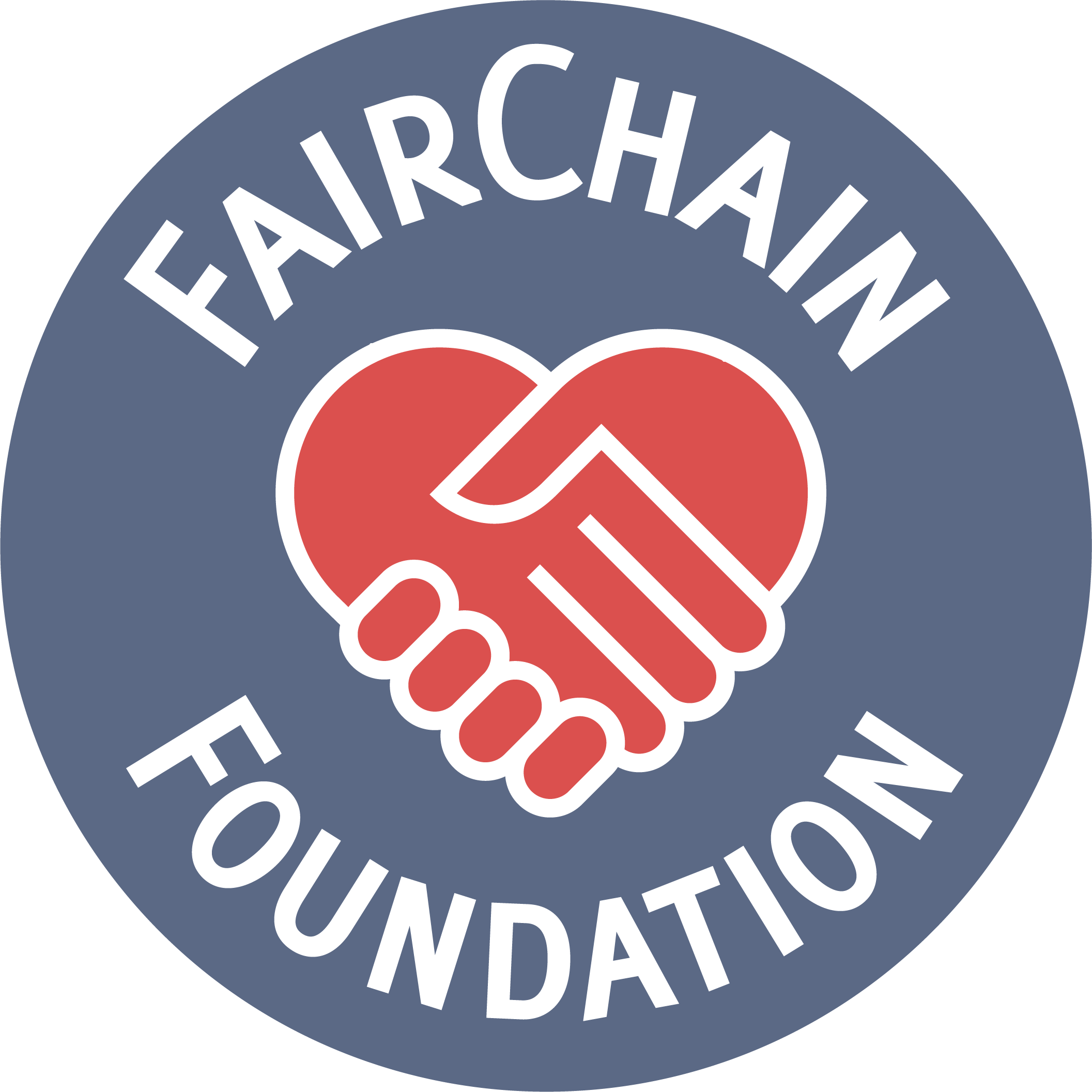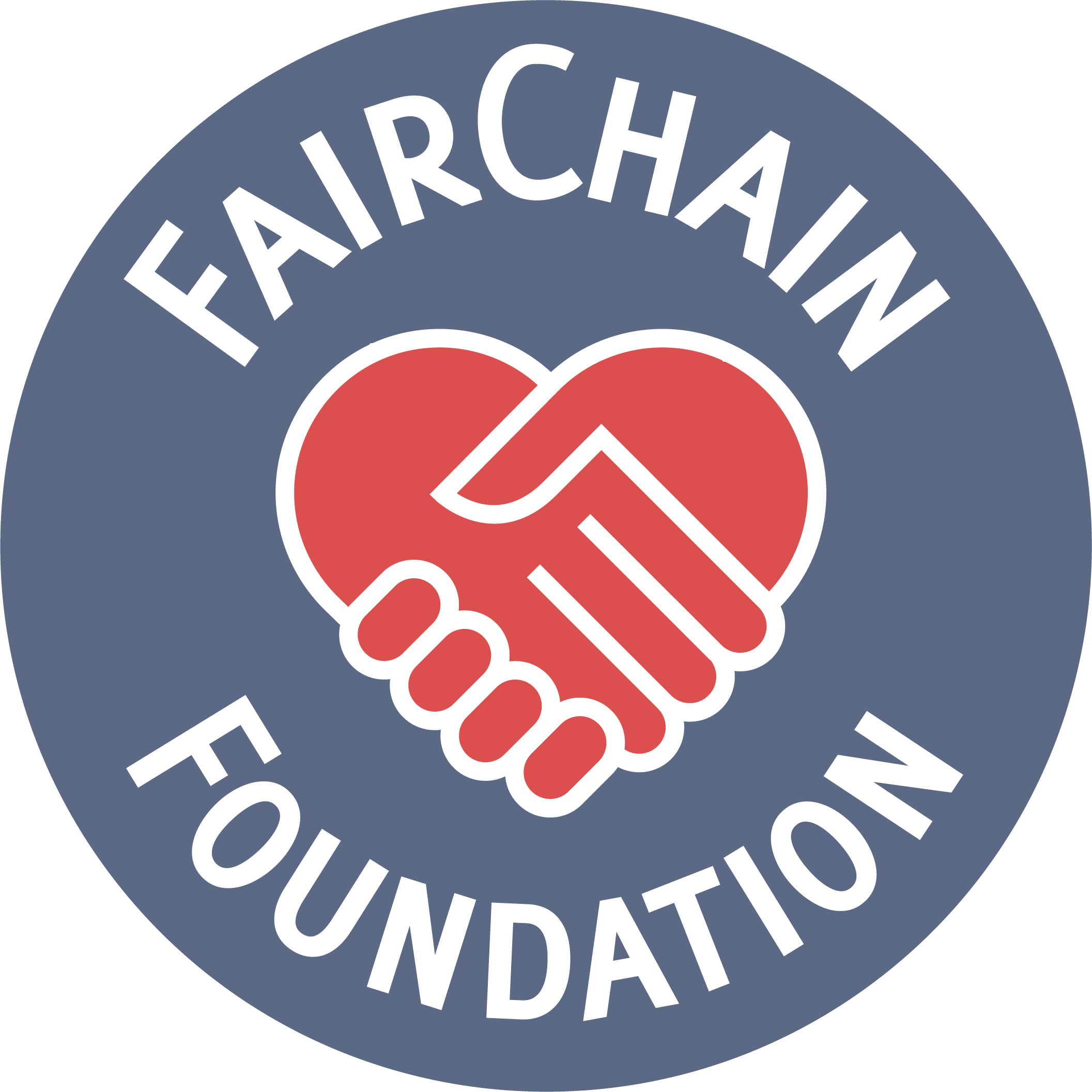Well, if you’re a worker in a smallholder manufacturing company in just about any developing nation, your role in creating the end product finishes at the point where it is still of little value to anyone.
Of course, this does not mean that all your hard work has been in vain because after all, someone needs to plant that cotton or cocoa or tea in the ground, and then painstakingly tend to it each day, braving the elements and hoping that the costs of labour, tools and fertilizer are covered by the low and often unpredictable market prices. Because rain, hail or shine, the market will always value hard work – even if that value is just a few dollars for each day of labour. Just as a master is reliant on its slaves, so too relies the market on those willing to sacrifice their standard of living to ensure that the market is fed with tradeable goods.
And for most farmers, this is where production stops in their home country and the product is whisked off in bulk sea containers to wealthy developed nations where the finishing touches are put on to make it more appealing to retailers and end customers. This is the point at which the product is ready to be refined, processed, packaged into a final end product that can claim a higher price – often in the order of 90% higher – than what the farmer was originally paid. It is precisely these steps of processing and packaging which make the product so much more valuable. And not because these tasks are extraordinarily complex, but merely because these are the steps that really step up the market price for the product, bringing it from being a basic commodity to a useful and attractive end product, like a t-shirt, a chocolate bar or a tea bag. And that is where production stops.
But the big question here is not so much WHERE does production stop, but rather, WHY does production stop? In other words, why should developing nations miss out on all that extra income from their hard work? Why don’t we add value to commodity products in the developing nations where the money is needed the most, instead of shipping it all off overseas? If the main value-adding steps of refining, processing and packaging actually aren’t that complicated, then why aren’t we equipping and training locals to be doing this themselves so that they can claim the full price for their hard work?
Well, that’s a fair question! Radically fair, in fact. It is precisely this line of thinking that led a wave of FairChain companies like Sauce with a Cause, Iyoti, Fairafric, Soul Rebels and many more to turn the traditional value chain on its head and use business for good. Click here, here and here to learn about some of these radical revolutionaries of modern trade.



